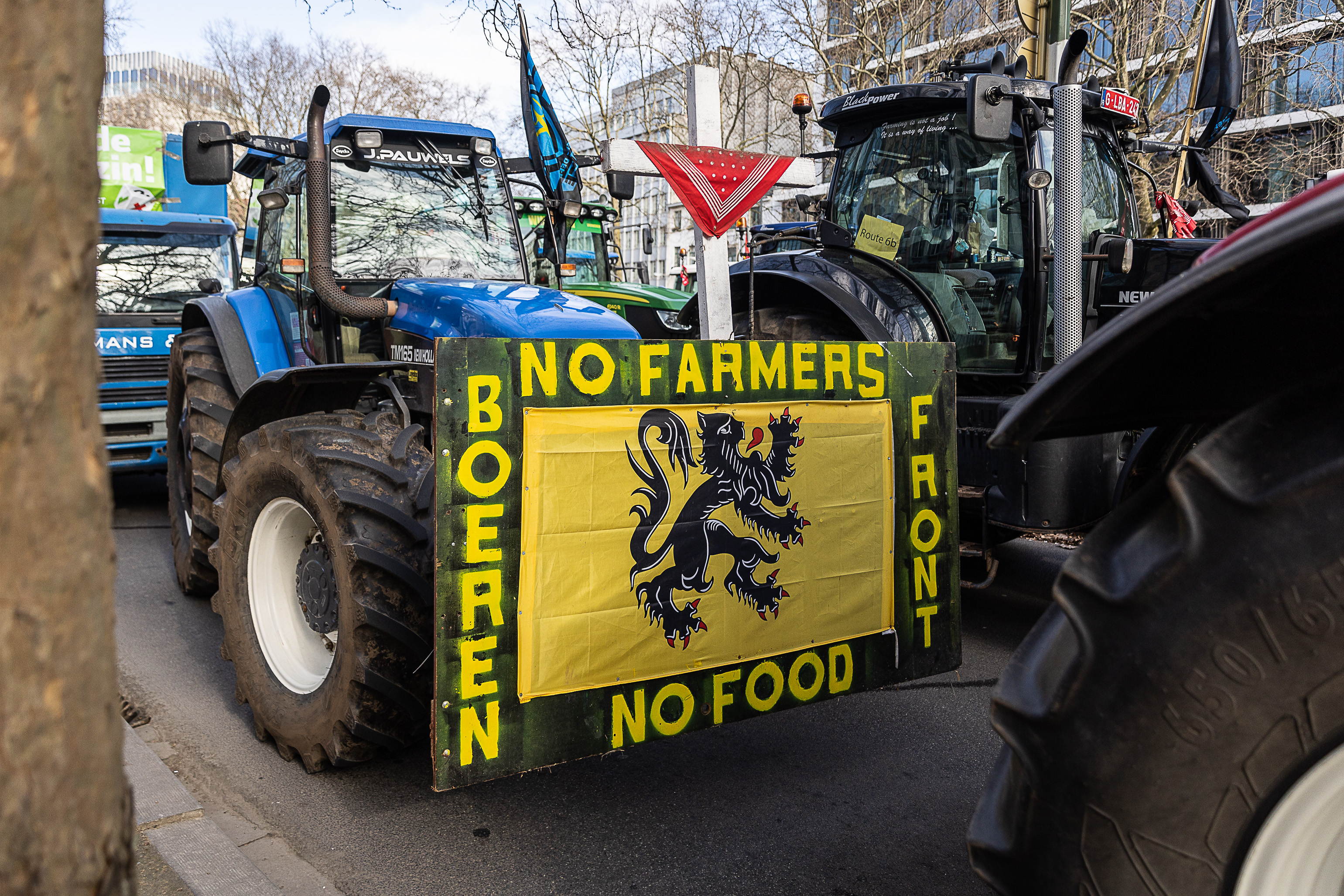New Flemish nitrogen agreement softer on agriculture

In the night from Monday to Tuesday, the Flemish government reached a new nitrogen agreement. It includes several new measures to halve nitrogen emissions in Flanders by 2030.
This is the third time in two years that the Flemish government has presented a nitrogen agreement. The difficulty in reaching an agreement stems from political disagreements on tackling the problem in different sectors, including industry and agriculture. With transport, these sectors emit excessive amounts of nitrogen, seriously threatening nature in Flanders.
To limit the harmful effects of nitrogen, the Flemish government implements general and area-specific measures. The specific measures take into account the location of companies near nature reserves and their impact on the environment. The nitrogen agreement consolidates these measures.
Science-based approach
The new agreement maintains the reduction measures agreed in the previous March agreement. The authorisation thresholds for industry (1 per cent) and agriculture (0.025 per cent) are also maintained and, as requested by the Council of State, are given a more transparent and more scientifically based justification in the text.
For agriculture, the "ineligibility threshold" has been removed. This means that agricultural companies that exceed the established emission threshold can still apply for a permit if they carry out an appropriate individual assessment, meaning a thorough environmental study.
Farmers can also take over the emission rights of other retiring farmers. This system could be implemented from January 2025, provided that an environmental study shows that it will not jeopardise the predetermined reduction target.
Peak emitters
The compulsory closure in 2030 will be abolished for peak emitters, farms with high nitrogen emissions in Natura 2000 areas. These farms can either close down as planned in 2030 or remain open. If they wish to remain open, their impact score must be below 50 per cent, which will often require significant investment. There will be an evaluation of the list of peak emitters in 2026.
The government also agreed to commission a scientific study on the possibility of looking at nitrogen emissions more broadly from 2030, considering factors such as the effects of climate change or drought. There is currently a strong focus on nitrogen and nitrogen deposition, settling nitrogen compounds in soil and nature to meet European nature conservation objectives.
There are also plans to approach the European Commission again to ask that the Flemish situation be considered, as Flanders is a densely populated and fragmented region.
#FlandersNewsService | © BELGA PHOTO JAMES ARTHUR GEKIERE
Related news
